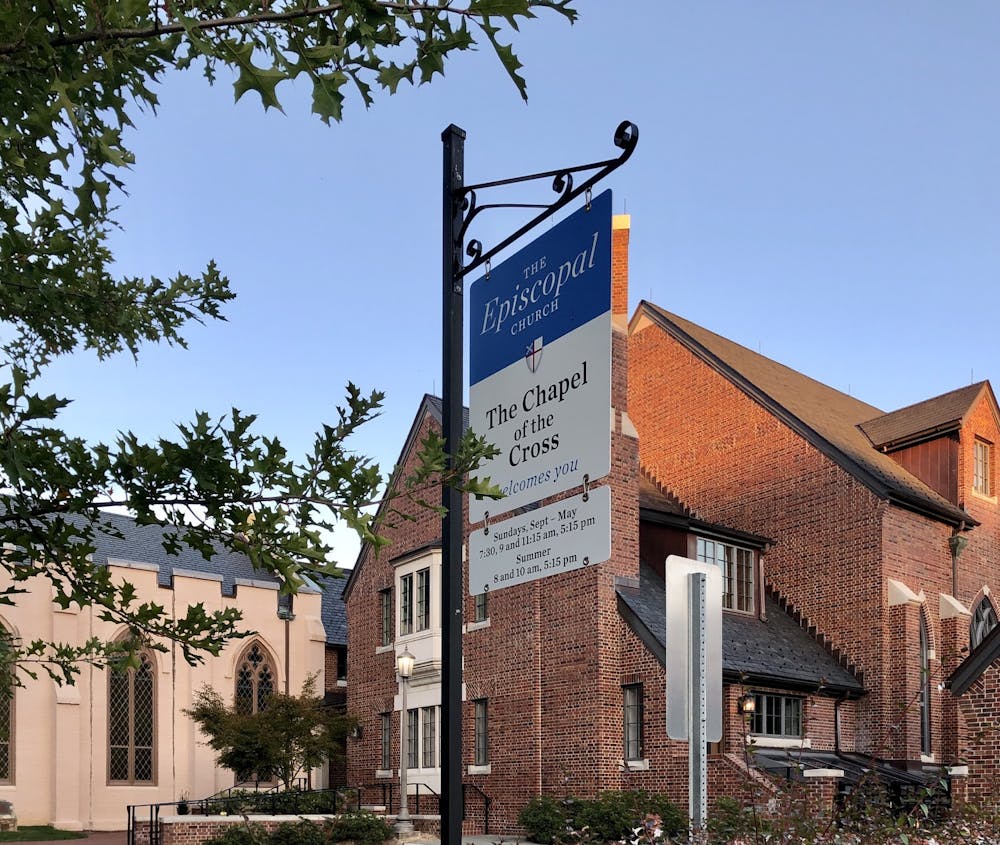Showing up at the polls can be a scary experience for any new voter, which is why it’s important for parents to make sure their student feels encouraged and ready when going to cast their ballot this year.
Where Can Your Student Vote Early?
To vote early in North Carolina, your student must go to one of the designated “one-stop early voting” sites during the early voting period. The One-Stop Early Voting Site Search can be used to find early voting sites and schedules in your student’s specific county. If your student is registered to vote at their school address, more than likely, their county is Orange.
If your family lives out of state and your student registered before moving to UNC, they might not be able to participate in early voting. The state laws for early voting vary from state to state. To find specific dates and times for your voting district, and for other helpful voting information, contact your local elections office.
Any student wanting to vote early may cast a ballot at any early voting site in their county. In Orange County, there are six early voting sites: Orange Works at Hillsborough Commons, Carrboro Town Hall, Chapel of the Cross, Efland Ruritan Club, Seymour Senior Center and University Mall. Your student must arrive during the designated early voting hours.
Making Sure Your Student is Registered
Not sure whether your student is registered to vote in the right county? You can check together using the voter search tool. If your student isn’t registered and wants to participate in same-day registration in Orange County, make sure they bring a form of government ID showing that they live in the county.
Once your student’s registration is confirmed, they will then be able to vote during the early voting period. Early voters will be given the same ballot they would’ve been given on Election Day. All North Carolina voters use paper ballots, marked either by hand or with a ballot-marking device.
Helping Out as an Election Worker
If your student is looking for other ways to get involved, talk to them about working at an early voting site. Younger volunteers are especially appreciated this year, as election workers typically consist of older members of the community who are relatively more susceptible to COVID-19. Election workers are also needed on Election Day, which is Nov. 3.
As an election worker, your student would check in voters, assist them upon request and issue ballots, among other duties. To serve as an election worker, your student must be a registered voter and serve in their residential county.
Anyone applying to be an election worker will be contacted if needed by their county. Appropriate protective equipment, including masks, gloves, face protection and cleaning supplies, will be provided. Social distancing guidelines will also be in place at polling places, so your student will be safe if they choose to help out this year.
Helping Your Student Educate Themselves
Your student can also vote by mail rather than in person at an early voting site or on Election Day. For information on receiving an absentee ballot by mail, rather than voting in person, visit the Absentee Voting by Mail page.
Beyond getting your student to the polls, helping them feel comfortable and confident with their decision is just as important. Your student may feel nervous about not knowing the platforms of some of the candidates on the ballot. In order to learn more about the different offices and candidates at the federal, state and local level, check out voter’s guides online, such as this one from The Daily Tar Heel.
Voting for the first time can come with a lot of apprehension and uncertainty, but one thing your student can feel certain about before arriving at the polls is who they’re going to vote for. There’s tons of online resources students can use to educate themselves about voting, their local government, policy issues and other important matters.
To get the day's news and headlines in your inbox each morning, sign up for our email newsletters.




